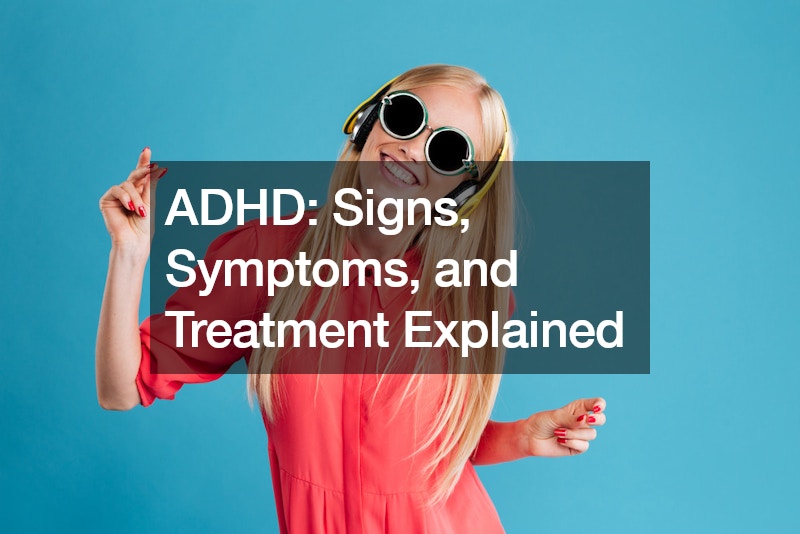Attention Deficit Hyperactivity Disorder (ADHD) is a neurodevelopmental disorder affecting both children and adults. It’s characterized by inattention and hyperactivity/impulsivity, impacting daily life at home, school, or work.
While everyone experiences these behaviors occasionally, an ADHD diagnosis requires symptoms to be significant and persistent, causing impairment in multiple areas.
Signs and Symptoms
There are three main presentations of ADHD:
- Primarily Inattentive: Difficulty focusing, making careless mistakes, easily distracted, and struggling to complete tasks.
- Primarily Hyperactive-Impulsive: Fidgeting, restlessness, difficulty staying seated, blurting out answers, and acting impulsively.
- Combined Type: A combination of symptoms from both presentations.
It’s important to note that ADHD can manifest differently in each person. Additionally, ADHD often co-exists with other conditions like learning disabilities, anxiety, or depression.
However, individuals with ADHD can also be gifted, sometimes referred to as “twice exceptional.”
Treatment Options
There is no cure for ADHD, but it is highly treatable with a multimodal approach. This may include:
- Medication: To manage symptoms and improve focus.
- ADHD Coaching: Coaching can provide individuals with ADHD valuable tools and strategies to manage their symptoms and improve daily functioning. ADHD coaches can help with organization, time management, and developing coping mechanisms to deal with impulsivity and inattention.
- Behavioral Therapy: Techniques like cognitive behavioral therapy (CBT) can help individuals with ADHD develop healthy coping mechanisms and address negative thought patterns.
Living with ADHD
While ADHD can present challenges, it can also lead to positive traits. People with ADHD often possess high levels of creativity, curiosity, and a willingness to take risks.
If you suspect yourself or someone you know might have ADHD, it’s important to seek a professional evaluation. Early diagnosis and intervention can significantly improve quality of life. ADHD coaching can be a valuable resource, offering personalized support and strategies to manage ADHD effectively. Remember, with the right treatment and support, individuals with ADHD can thrive in all aspects of life.
.

